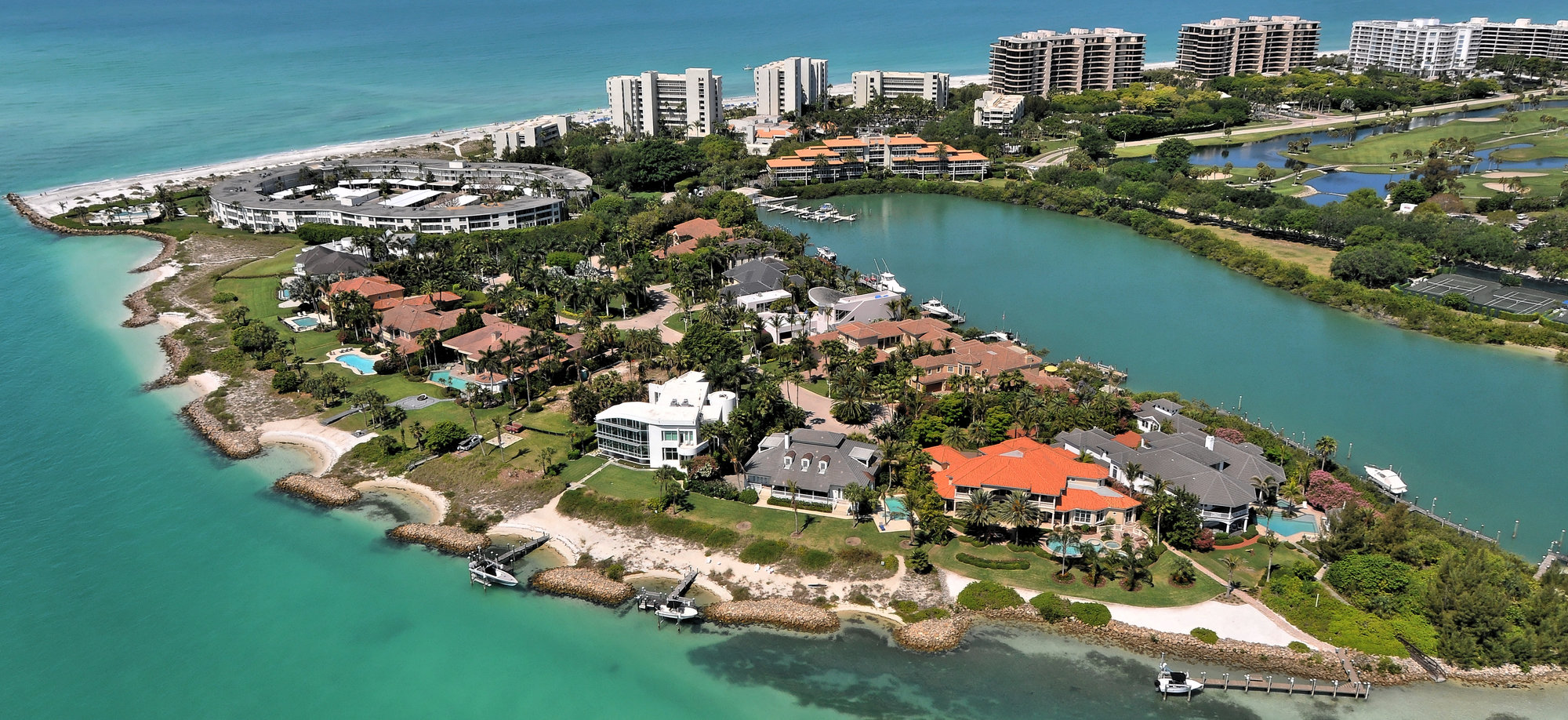
The Sarasota County real estate markets experienced a dip this summer, with both sales and median prices declining, according to the latest report from the Realtor Association of Sarasota. As the market looks ahead to the typically busier winter season, inventory levels remain elevated, while closed sales and prices continue to soften. Recent factors like the Federal Reserve’s interest rate cuts and uncertainty surrounding the upcoming presidential election add further complexity to the landscape.
In Sarasota County, closed sales for single-family homes saw a slight 1.9 percent decrease year-over-year, with 633 homes sold in August. The median sale price edged up by 1.1 percent to $475,000. Sellers, however, faced more challenges, with the average home selling for 93.7 percent of its original list price, reflecting a 2.2 percent drop from last year.
A supply of more than five months typically indicates a buyer’s market, with more homes available than there are buyers. Inventory in Sarasota stayed above last year’s levels, with 2,907 active listings—equivalent to a 4.6-month supply. However, the time it took to secure a buyer shortened to 45 days, down from 52 in July, but longer than the 31-day average in August 2023.
In the townhomes and condos sector, Sarasota saw a sharp 22.2 percent drop in closed sales year-over-year, and the median sale price dipped to $345,000, down from $365,000 in July. Sellers in this sector also faced a tougher market, receiving only 91.6 percent of their asking price, a 2.9 percent decline from last year. Inventory remains sufficient with 1,672 active listings, reflecting a 5.5-month supply, indicative of a buyer’s market.
New legislation, passed in response to the tragic collapse of Champlain Towers South in Surfside, requires condos with at least three stories to undergo a “milestone inspection” once the building hits 30 years old, followed by inspections every 10 years. These inspections, along with mandatory reserve funds for repairs, are creating additional financial pressures for associations and owners. Condo associations are responsible for inspection costs and must complete a structural integrity reserve study every 10 years, with the first study due by December 31. After this deadline, associations can no longer vote to waive or underfund reserves, and owners won’t be able to opt out.


Social Cookies
Social Cookies are used to enable you to share pages and content you find interesting throughout the website through third-party social networking or other websites (including, potentially for advertising purposes related to social networking).